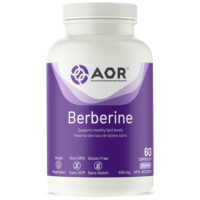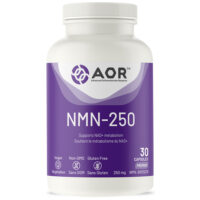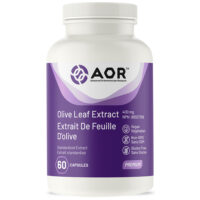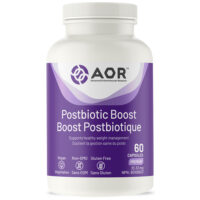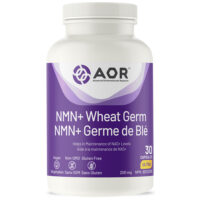It is common to see articles about superfoods in magazines and websites. Superfoods are often described as the magic wands, which prevent and solve many modern day health problems from common cold to cancer. Already there are many superfoods and new ones keep getting added to the list.
You will find articles advising you to add liberal amounts of blueberries, goji berries, oats, green tea, etc. to your diet. These foods are said to be nutrient dense and filled with antioxidants and other beneficial substances. How much of this is real and how much of it is an exaggeration?
Do superfoods really provide the benefits they claim and are they really superior to other foods? It is time to separate the myth from the reality.
The Myth
There are many myths surrounding superfoods. Here are some of them:
1. Consuming superfoods is essential for good health.
2. Antioxidants from superfoods fight free radicals. This slows down ageing and reduces the risk of diseases like cancer.
3. Consuming liberal amounts of superfoods enhances brain functioning, prevents us from putting on weight, helps us maintain high energy levels and also boosts sexual potency.
Let us now take a look at what researchers and experts tell us about superfoods.
What Researchers And Experts Have To Say
Very little scientific research, in the real sense, has actually been done on the exceptional benefits of any of these food items. In the long history of medical science, the concept of superfoods is relatively new. Superfood research has been more of an invention of people who have an interest in marketing or promoting these foods.
A lot of studies claiming to have been done are questionable and may not be according to established medical research techniques. Experts agree that the claimed benefits of these foods are not easy to prove.
What little research has been done has not come up with any conclusive or impressive findings. For example, to really see any effect of garlic on blood cholesterol or blood pressure, you have to consume about 30 cloves a day!
Antioxidants fight free radicals, but our body already has the capability to fight free radicals without any help from superfoods. The other problem is that our body does a very bad job of absorbing these antioxidants from the food we eat. The benefits that most studies claim will be hard to replicate outside a test tube.
Experts are instead looking at other, more practical, benefits of these foods rather than their free radical fighting ability. Chemicals found in some of these foods appear to reduce inflammation, improve the ability of the body to repair itself, especially when it comes to brain tissues.
However, most experts are of the opinion that many of these foods are quite commonly consumed in certain regions and so if they had some exceptional benefits, medical science would have known that by now. So are superfoods a myth? Fortunately, not, but the reality is a bit different.
The Reality
We are in an era where people are increasingly leading fast-paced and unhealthy lifestyles. As a result, people are experiencing health issues that were relatively uncommon a few decades ago or are experiencing them at a much younger age.
Everyone wants a magic wand or a miracle solution for these health problems, but unfortunately, they don’t exist. A healthy diet that includes many food groups can solve many health problems, but relying on any single or a few foods as a miracle cure is an unwise thing to do.
The reality is that not only are the benefits of some of these foods exaggerated, the way they are promoted makes it seem that they are indispensable. Nothing can be further from the truth. If we research any particular food in a laboratory, we could come up with a set of nutrients that it is rich in. However, many other food items have the very same or other nutrients.
The only thing that makes ordinary food items ‘less super’ is that they are not labelled as superfoods. We need all the essential nutrients in sufficient amounts to stay in good health. Including a wide variety of food items in a balanced diet is the only solution.
The Benefits Of A Balanced Diet
Other than a balanced diet, there are no shortcuts to a healthy body. That may be a lot cheaper and will need some careful food choices rather than just relying on superfoods. A balanced diet will provide all the nutrients that your body needs, keep you in the right weight range, keep your immune system in good shape and help you fight disease. As a result, you are likely to stay healthy and live longer.
Every food is a candidate to be a superfood in one way or another. So instead of looking for miracle superfoods, include every type of food in your diet. A healthy diet should give you enough carbohydrates to provide energy, vitamins and minerals, proteins for tissue growth and repair, and essential fatty acids. Superfoods or not, anything in excess is bad and consuming moderate quantities of different types of foods is essential.
The Real Takeaway From Superfoods
Fortunately, one good thing about superfoods is that they are all natural and unprocessed foods. Knowing the type of nutrients in foods is helpful if you are pregnant, breast feeding, or suffering from a disease or deficiency. This may help you decide what to include or exclude from your diet. But there is no escaping the fact that you need a balanced diet consisting of may different foods.
Many superfoods are natural sources of essential or useful nutrients and are good choices to add to a balanced diet, unless they are not easily available or are too expensive. But the label of ‘superfoods’ and the fact that they are being promoted as magical cures or the only solutions for health problems, is a bit hard to digest.
Check out our range of Superfoods.


